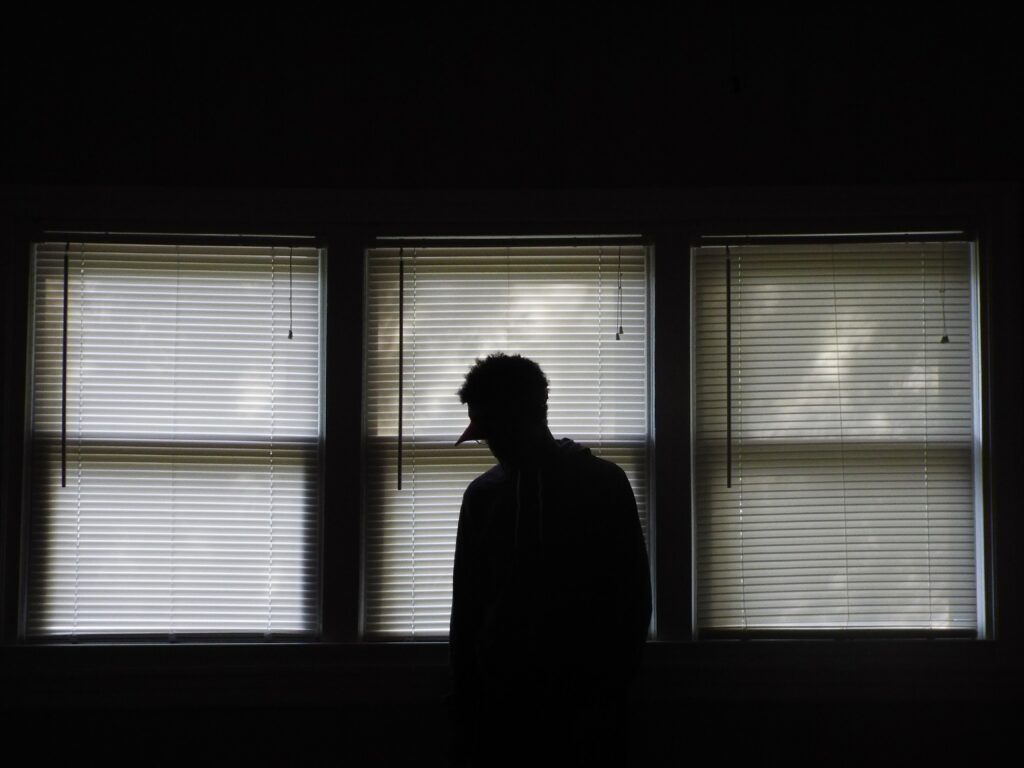How To Avoid Oversharing

As the Bible says, “To everything there is a season and a time for every purpose under heaven.”
My hand tremors were especially bad as I sat in a group of other pastors. It was one of those “it takes two hands to hold a cup of coffee” day.
Everyone was too polite to ask. But I felt a need to explain. And I offered, “My hands shake as a side effect of my medicine.” I wanted them to understand that I was not nervous. But of course after the explanation I became nervous. And my sharing made everyone feel uncomfortable.
It wasn’t appropriate for the time and place for that kind of sharing. No one had brought it up. No one was staring. No one may have even noticed. It was more about my hyper self-consciousness than about the group.
Have you ever found yourself oversharing about your disease or medicines?
Knowing when to share is a matter of boundaries. It takes time to build trusting relationships.
One place to be completely transparent is with your psych doc or your therapist. They need to know the depths of what you are thinking and feeling. They are there to help you. By not completely confiding in them, they can’t help you get better.
How can we keep from over-sharing? First, consider the depth and quality of your relationship. Relationships are reciprocal. Is this a new acquaintance? A casual friend? A close friend? An intimate friend? Is this a comfortable level for sharing? Or is this a “Wow what do you think about the weather?” kind of relationship?
Secondly, what is your trust level with this friend? Share on the level of trust you have developed. Trust is generally built over time and tested in relationships. As trust develops sharing can deepen. Over time you learn what behaviors to expect from your friend and you can share appropriately.
Thirdly, what are the boundary expectations of the relationships? Are there expectations of confidentiality? If that is not clear then only share things you wouldn’t mind being repeated. With trusted and intimate friends you can raise the issue of confidentiality establishing it as a boundary.
Finally is this a safe person? A safe situation? Safe people offer you space to be yourself. Safe people don’t try to “fix” you. They offer support not judgment. Safe people do not avoid you when you face difficulties or problems. Safe people accept you when you are grieving, depressed, or going through other trials.
So what about those “it takes two hands to hold a cup” days? What would have been more helpful than blurting out that my medicines cause my tremors?
During times of stress we sometimes overshare. In my situation I was anxious about meeting with a brand new group with no history together. I was concerned about my position in the group.
In your situation what stress are you feeling? It would have been better to be aware of my intense feelings of self-consciousness, to go to a quiet place, take several deep breaths, and become aware of my feelings. And then shift my focus on the group task at hand.
Here are some helpful questions before you share.
Is this appropriate for the people and place?
Am I stressed over something else?
Will sharing make things better or worse?
How will I respond after I sharing?
Taking words back is like trying to put toothpaste back in the tube. It is messy and not very effective.
The next time I have a “two hands to hold a cup of coffee day” I will wait and match my sharing with theirs.
If you have overshared relax and don’t be hard on yourself. What is in the past is there to help us live better today.
Excuse me now. I need another cup of coffee!
(Questions from Diane Gottsman in Huffington Post)



